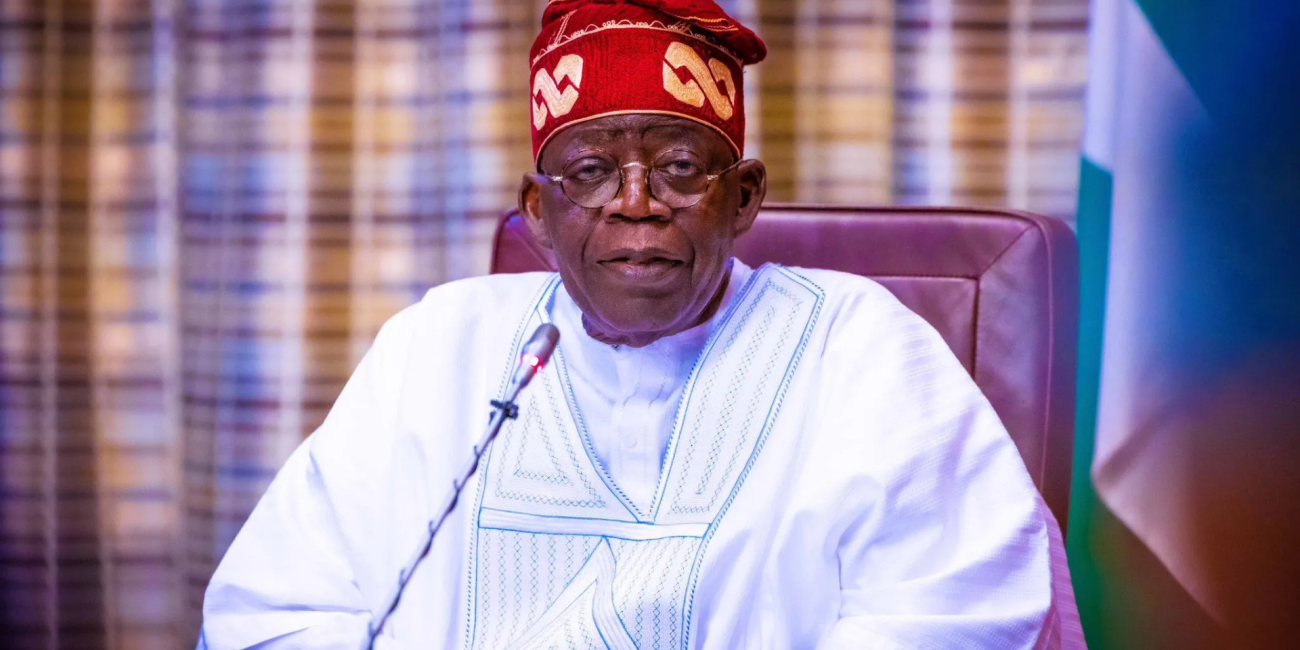
In an unprecedented move described as “a gesture of compassion, justice, and national healing,” President Bola Ahmed Tinubu has approved the release, pardon, or sentence reduction of 147 convicts and deceased Nigerians — a sweeping exercise covering a diverse range of offenders, from political figures and activists to drug convicts, illegal miners, and elderly inmates.
The announcement, made public through a State House statement signed by Presidential spokesman Bayo Onanuga on Saturday, followed the presentation of recommendations from the Presidential Advisory Committee on the Prerogative of Mercy, chaired by the Attorney-General of the Federation and Minister of Justice, Prince Lateef Fagbemi (SAN).
According to the statement, 175 names were initially considered by the committee, but 147 were finally approved for pardon, commutation, or clemency during Thursday’s Council of State meeting chaired by President Tinubu.
Among those granted posthumous pardons were several historical and symbolic figures, including:
- Sir Herbert Macaulay, the nationalist leader convicted by British colonial authorities in 1913.
- Major-General Mamman Jiya Vatsa, executed in 1986 for alleged coup plotting under the military regime of General Ibrahim Babangida.
- Ken Saro-Wiwa and the other eight members of the “Ogoni Nine,” executed in 1995 under General Sani Abacha’s dictatorship.
The Federal Government also announced the official honouring of Ogoni community leaders Chief Albert Badey, Chief Edward Kobaru, Chief Samuel Orage, and Chief Theophilus Orage, recognized as victims in the Ogoni crisis.
White-Collar and Political Figures Pardoned
Prominent among those granted clemency were:
- Hon. Farouk Lawan, former lawmaker convicted of corruption in 2021.
- Professor Magaji Garba, former Vice Chancellor of the University of Maiduguri, convicted of fraud.
- Barr. Hussaini Alhaji Umar and Ayinla Saadu Alanamu, both convicted by anti-graft agencies for corruption-related offences.
According to the presidency, Sanda was freed “in the best interest of her two children,” after exhibiting “good conduct, remorse, and a complete embrace of a new lifestyle.” Her release has already generated heated debate across social and legal circles.
Over 60 young illegal miners, mostly in their 20s and 30s, were among those granted presidential clemency. They had each been sentenced to three years’ imprisonment in 2024.
Their rehabilitation will reportedly be supervised by Senator Ikra Aliyu Bilbis, who signed an undertaking to oversee their reintegration into society.
In addition, dozens of drug offenders — some serving lengthy sentences for trafficking cocaine, heroin, and cannabis — received either outright pardon or significant sentence reductions.
Seven inmates who had been on death row for years also received presidential mercy. Their sentences were commuted to life imprisonment after spending between seven and fourteen years awaiting execution.
They include:
Emmanuel Baba, Emmanuel Gladstone, Moses Ayodele Olurunfemi, Abubakar Usman, Khalifa Umar, Benjamin Ekeze, and Mohammed Umar.
Dozens of inmates had their prison terms reduced for good behavior, old age, or participation in rehabilitation programs such as the National Open University of Nigeria (NOUN).
Key beneficiaries include:
- Professor Magaji Garba — sentence reduced from 7 years to 4.
- Major S.A. Akubo — life imprisonment commuted to 20 years.
- Chief Emeka Agbodike — 7 years cut to 3.
- Kelvin Oniarah Ezigbe and Frank Azuekor — 20 years reduced to 13 for kidnapping.
- Ada Audu (72) — sentence reduced from 7 years to 4 on account of old age.
The Presidency explained that the decision reflected President Tinubu’s “commitment to a compassionate justice system that recognizes repentance and reformation.”
“The exercise of mercy is not an abandonment of justice,” the statement quoted President Tinubu as saying, “but an affirmation that justice must be guided by humanity.”
The move marks the largest single act of presidential clemency in Nigeria since 1999, and comes amid rising concerns about prison congestion, rehabilitation, and the fate of inmates on death row.
Bayo Onanuga concluded the statement, noting that the exercise demonstrated President Tinubu’s “resolve to heal old wounds, correct historical wrongs, and reward genuine reformation.”
The full list of all 147 beneficiaries, spanning categories of pardon, clemency, sentence reduction, and commutation, has been published by the State House.